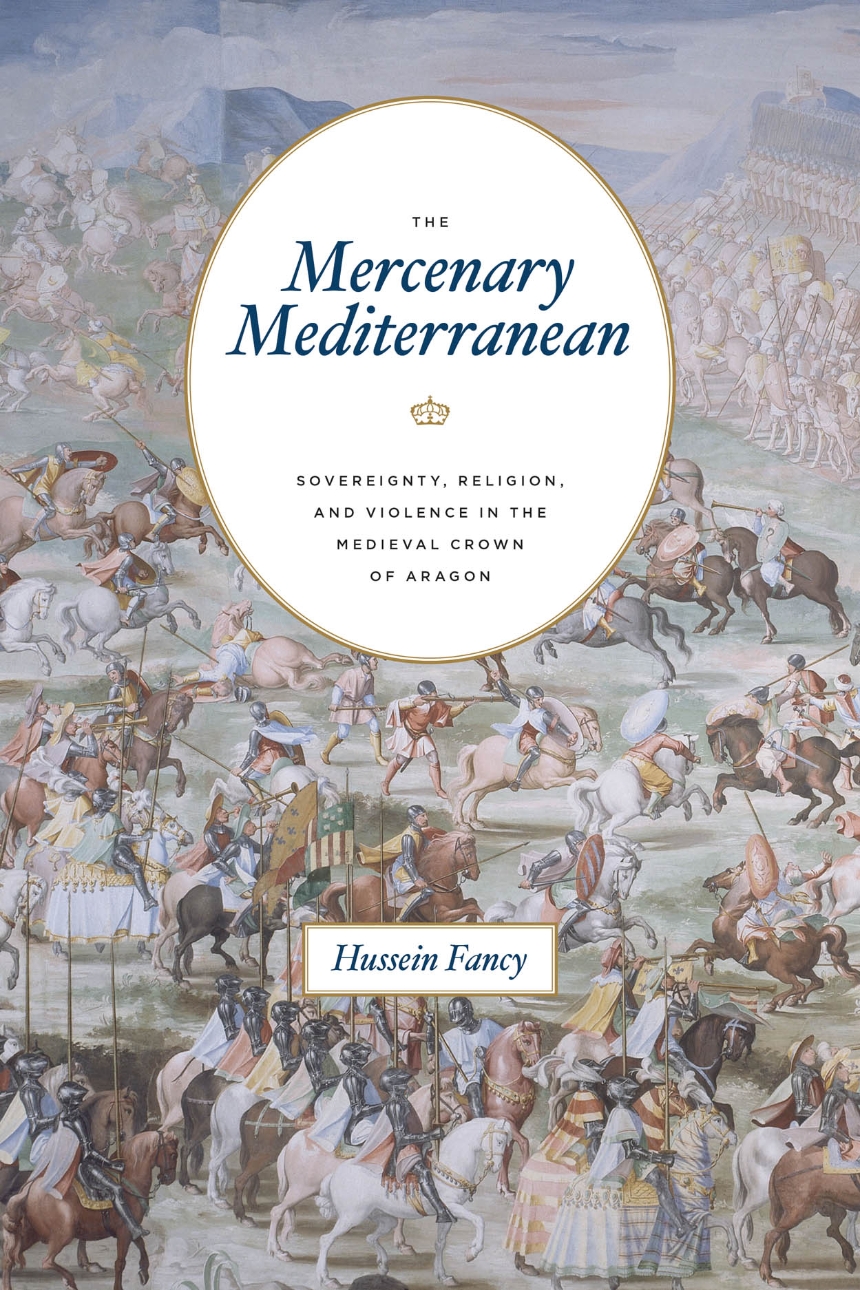The Mercenary Mediterranean
Sovereignty, Religion, and Violence in the Medieval Crown of Aragon
9780226597898
9780226329789
The Mercenary Mediterranean
Sovereignty, Religion, and Violence in the Medieval Crown of Aragon
Sometime in April 1285, five Muslim horsemen crossed from the Islamic kingdom of Granada into the realms of the Christian Crown of Aragon to meet with the king of Aragon, who showered them with gifts, including sumptuous cloth and decorative saddles, for agreeing to enter the Crown’s service.
They were not the first or only Muslim soldiers to do so. Over the course of the thirteenth and fourteenth centuries, the Christian kings of Aragon recruited thousands of foreign Muslim soldiers to serve in their armies and as members of their royal courts. Based on extensive research in Arabic, Latin, and Romance sources, The Mercenary Mediterranean explores this little-known and misunderstood history. Far from marking the triumph of toleration, Hussein Fancy argues, the alliance of Christian kings and Muslim soldiers depended on and reproduced ideas of religious difference. Their shared history represents a unique opportunity to reconsider the relation of medieval religion to politics, and to demonstrate how modern assumptions about this relationship have impeded our understanding of both past and present.
They were not the first or only Muslim soldiers to do so. Over the course of the thirteenth and fourteenth centuries, the Christian kings of Aragon recruited thousands of foreign Muslim soldiers to serve in their armies and as members of their royal courts. Based on extensive research in Arabic, Latin, and Romance sources, The Mercenary Mediterranean explores this little-known and misunderstood history. Far from marking the triumph of toleration, Hussein Fancy argues, the alliance of Christian kings and Muslim soldiers depended on and reproduced ideas of religious difference. Their shared history represents a unique opportunity to reconsider the relation of medieval religion to politics, and to demonstrate how modern assumptions about this relationship have impeded our understanding of both past and present.
296 pages | 5 halftones, 5 maps, 1 table | 6 x 9 | © 2016
History: European History, Military History
Religion: Religion and Society
Reviews
Table of Contents
List of Illustrations
Acknowledgments
On Names, Places, Dates, and Transcriptions
Introduction: A Mercenary Logic
Chapter One: Etymologies and Etiologies
Chapter Two: A Sovereign Crisis
Chapter Three: Sovereigns and Slaves
Chapter Four: A Mercenary Economy
Chapter Five: The Unpaid Debt
Chapter Six: The Worst Men in the World
Epilogue: Medievalism and Secularism
Abbreviations
Notes
Bibliography
Index
Acknowledgments
On Names, Places, Dates, and Transcriptions
Introduction: A Mercenary Logic
Chapter One: Etymologies and Etiologies
Chapter Two: A Sovereign Crisis
Chapter Three: Sovereigns and Slaves
Chapter Four: A Mercenary Economy
Chapter Five: The Unpaid Debt
Chapter Six: The Worst Men in the World
Epilogue: Medievalism and Secularism
Abbreviations
Notes
Bibliography
Index
Awards
American Historical Association: Herbert Baxter Adams Prize
Won
American Institute for Maghrib Studies: L. Carl Brown AIMS Book Prize in North African Studies
Won
De Re Militari: Verbruggen Prize
Won
